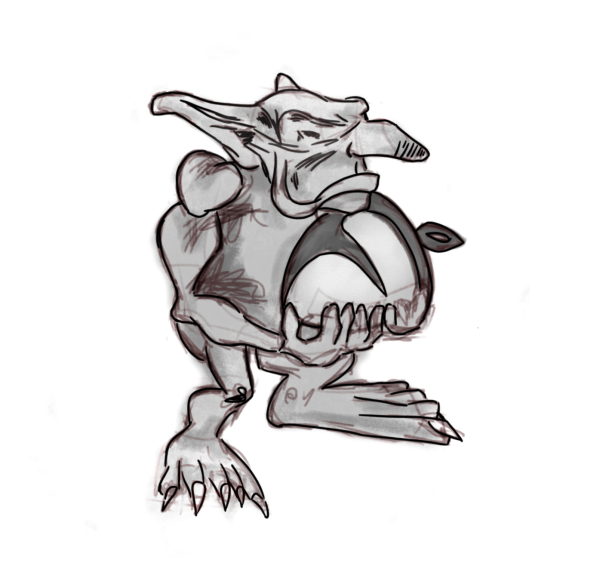What Most Americans Seem to Overlook Every Year on Thanksgiving
As the Thanksgiving holidays approach, the prospect of hearty food paired with vacation may be the only thought on American minds, but other truths need to be brought to light. The holiday is celebrated every year on the fourth Thursday of November and its festivities overshadow the history behind the first Thanksgiving. Native Americans were killed and enslaved, but they are currently never mentioned on Thanksgiving. It is a day of gratitude, but Americans should be expressing thankfulness everyday, not just for the holiday. Furthermore, most Americans enjoy turkey, but is it really worth eating on Thanksgiving if it significantly harms the environment? These truths prove that Thanksgiving is not the holiday that every American knows.
Children learn very little about the holiday, with history textbooks only mentioning that Pilgrims and the Wampanoag tribe had a peaceful and friendly feast. According to the Los Angeles Times, most students “will learn the traditional narrative of hungry Pilgrims aided by friendly Native Americans, who shared their bounty with their less-fortunate immigrant neighbors.” Moreover, traditions of Native Americans are whitewashed and falsely fabricated in school activities. These fairytale versions encouraged in elementary schools shield children from actual history, and they grow up with fallacies instead of truth. American students should instead be taught how many Natives were killed and enslaved by colonists. Another issue to address is that by 1637, Thanksgiving was celebrated as a safe return of the men who slaughtered some 700 Pequot. The article “No Thanks to Thanksgiving” states, “By 1637 Massachusetts Gov. John Winthrop was proclaiming a thanksgiving for the successful massacre of hundreds of Pequot Indian men, women and children, part of the long and bloody process of opening up additional land to the English invaders.” On that point, Americans should still celebrate Thanksgiving, but as a day of honoring the lives of many slain Native Americans.
It is tradition for every family member to declare what they are thankful for and responses can range from being grateful for family to being grateful for having turkey to eat. However, people should always be thankful, not just on Thanksgiving Day. Additionally, having gratitude enhances both mental and physical health. According to Harvard Health, “Gratitude helps people feel more positive emotions, relish good experiences, improve their health, deal with adversity, and build strong relationships.” With this in mind, Americans should make efforts to increase times of gratitude from one day to an entire year.
With turkey as the most popular dish of the Thanksgiving feast, many do not consider the negative effects. More than 68 million turkeys are killed each year just for Thanksgiving and the meat consumption only harms the environment even more. With so much meat eaten every year, the turkeys for Thanksgiving only add up. According to ers.usda.gov, the total turkey production in the U.S. in 2016 was 244 million turkeys. Meat production is harming the environment in ways such as water pollution, deforestation for land, and greenhouse gas emissions. With deforestation, species lose their habitats and may very well end up on the endangered species list. All of these factors prove that Thanksgiving is in fact an environment-harming holiday.
The national holiday of giving thanks for the harvest has shown itself as not the ideal celebration the U.S. knows, but as a day of mourning for all the Native American lives taken by ancestors. It seems to restrict giving gratitude to a single day and its feasts not only fill stomachs, but result in the slaughter of countless turkeys each year.
Hello there! Our goal is to provide relavent, engaging journalism for readers of all ages. Your donation will support the student journalists of the Wolfpacket at Claremont High School, and will allow us to purchase equipment, print our monthly issues, and enter in journalism competitions. We appreciate your consideration!
Jill Kao is currently a senior attending CHS. She is the Head Arts and Entertainment editor and this is her fourth year on the Wolfpacket staff. One of...





